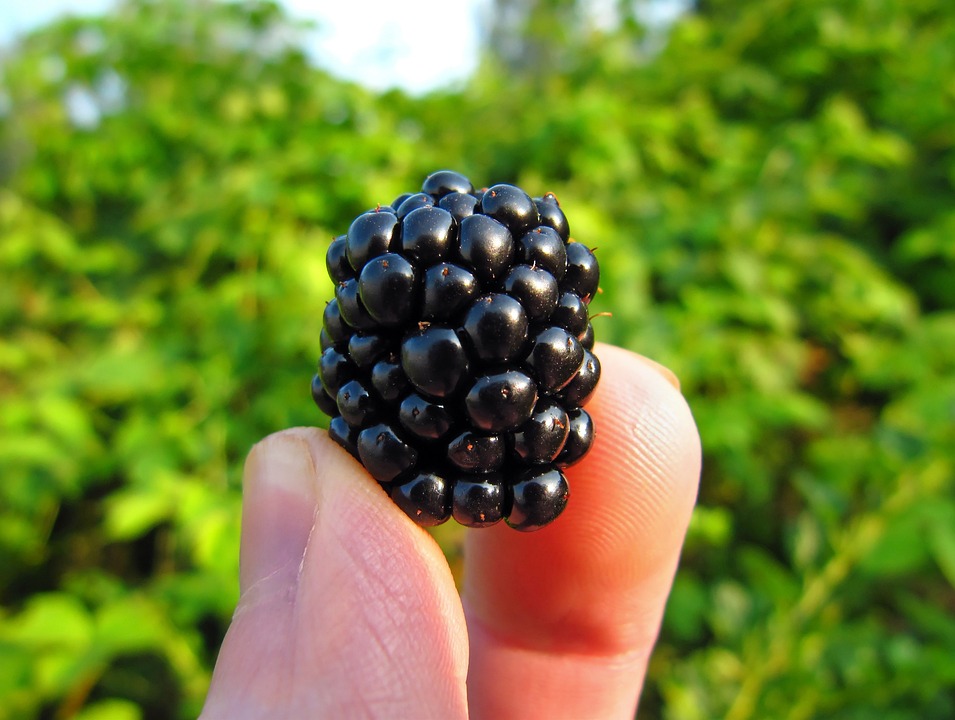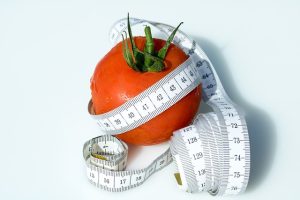
7 Nutrient-Rich Foods to Add to Your Diet for Optimal Health
Eating a balanced diet is essential for maintaining optimal health. While there are many different types of foods that can provide essential nutrients, some foods are particularly nutrient-rich and should be included in your diet for optimal health. Here are seven nutrient-rich foods to add to your diet for optimal health.
1. Leafy Greens
Leafy greens, such as spinach, kale, and Swiss chard, are packed with essential vitamins and minerals. They are also high in fiber, which helps to keep you feeling full and can aid in digestion. Leafy greens are also low in calories, making them a great addition to any diet.
2. Berries
Berries are a great source of antioxidants, which can help to protect your cells from damage. They are also high in fiber and low in calories, making them a great addition to any diet. Berries are also a great source of vitamin C, which can help to boost your immune system.
3. Nuts and Seeds
Nuts and seeds are a great source of healthy fats, protein, and fiber. They are also high in essential vitamins and minerals, such as magnesium, zinc, and iron. Nuts and seeds are a great addition to any diet and can help to keep you feeling full and satisfied.
4. Whole Grains
Whole grains are a great source of complex carbohydrates, which can help to keep you feeling full and provide sustained energy throughout the day. They are also high in fiber, which can help to aid in digestion. Whole grains are also a great source of essential vitamins and minerals, such as B vitamins and iron.
5. Legumes
Legumes, such as beans, lentils, and peas, are a great source of plant-based protein and fiber. They are also high in essential vitamins and minerals, such as iron, zinc, and magnesium. Legumes are a great addition to any diet and can help to keep you feeling full and satisfied.
6. Fatty Fish
Fatty fish, such as salmon, mackerel, and sardines, are a great source of omega-3 fatty acids, which can help to reduce inflammation and improve heart health. They are also high in protein and essential vitamins and minerals, such as vitamin D and selenium.
7. Avocados
Avocados are a great source of healthy fats, which can help to keep you feeling full and provide sustained energy throughout the day. They are also high in fiber and essential vitamins and minerals, such as potassium and vitamin E.
How-To Incorporate Nutrient-Rich Foods Into Your Diet
Incorporating nutrient-rich foods into your diet is easy and can be done in a variety of ways. Here are some tips for adding nutrient-rich foods to your diet:
- Start your day with a nutrient-rich breakfast. Try oatmeal with berries and nuts, or a smoothie with leafy greens and avocado.
- Add leafy greens to your lunch and dinner. Try adding spinach to your sandwich or kale to your salad.
- Snack on nuts and seeds throughout the day. Try adding a handful of almonds to your yogurt or a sprinkle of pumpkin seeds to your oatmeal.
- Incorporate legumes into your meals. Try adding lentils to your soup or beans to your tacos.
- Include fatty fish in your diet at least twice a week. Try adding salmon to your salad or mackerel to your stir-fry.
- Add avocados to your meals. Try adding avocado to your sandwich or making guacamole to dip your veggies in.
Advice for Eating Nutrient-Rich Foods
Eating nutrient-rich foods is essential for maintaining optimal health. Here are some tips for eating nutrient-rich foods:
- Choose whole, unprocessed foods whenever possible. Try to avoid processed foods, which are often high in sugar, sodium, and unhealthy fats.
- Eat a variety of nutrient-rich foods. Try to include a variety of fruits, vegetables, nuts, seeds, legumes, whole grains, and fatty fish in your diet.
- Eat in moderation. While nutrient-rich foods are essential for optimal health, it is important to remember to eat in moderation. Eating too much of any food can lead to weight gain and other health issues.
- Listen to your body. Pay attention to how your body feels after eating certain foods. If you notice any adverse reactions, such as bloating or fatigue, it may be best to avoid that food.
Conclusion
Eating a balanced diet is essential for maintaining optimal health. Incorporating nutrient-rich foods into your diet is a great way to ensure that you are getting all of the essential vitamins and minerals that your body needs. Leafy greens, berries, nuts and seeds, whole grains, legumes, fatty fish, and avocados are all great sources of essential nutrients and should be included in your diet for optimal health. By following the tips outlined above, you can easily incorporate these nutrient-rich foods into your diet and enjoy the many health benefits they provide.
#ChatGPT assisted in the creation of this article.





